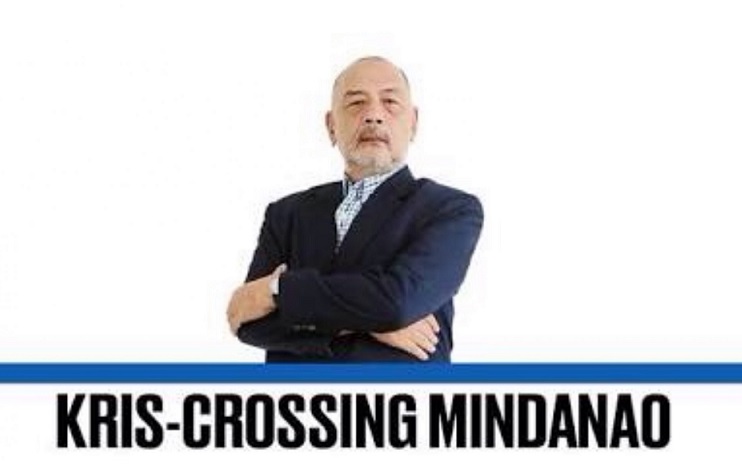(Thumbnail photo credit: The Philippine Daily Inquirer)
National Artist Francisco Sionil Jose disses Nobel Peace Prize laureate Maria Ressa and says there is no censorship in the time of Duterte. Jose has been making loquacious claims lately without basis (like when he said no media station was closed by Duterte). But I have a story to tell from the first-person perspective. The Philippine Daily Inquirer had censored me.
Ten opinion columns of mine never saw print in the Inquirer online edition, even though they were published in the broadsheet edition. When one is published in print but not online, it means the article cannot be shared digitally in social media, which had become the most common way of ensuring the widest-possible readership.
One can only understand the reason behind the censorship: political umbrage. It was used as a tool to prevent criticism against influential political figures.
For sure, there were alternative platforms to share the censored article online. To the consternation perhaps of Inquirer.net, friends and colleagues in the Inquirer Opinion page made sure I had the printed article shared in social media.
Even as the censorship was effectively challenged by the article’s posting in in social media, Inquirer.net never cared. Two weeks later, another article was censored, and so forth and so on. The pattern was predictable. It was designed for one to break down and stop writing.
In the beginning, one would think it was simply clerical error. One, of course, seeks recourse from the opinion editor. The opinion editor was new and had accepted that position despite not having a personality of approachability (“Don’t ask me because that’s beyond my pay grade”).
Before the chairman of the board could compose a coherent answer for the opinion editor to relay to me, the paper’s insiders had already given me, albeit secretly, the reason: Inquirer.net had a standing editorial policy not to publish anything unfavorable to Bongbong Marcos and Bong Go. The policy apparently affected even news stories – which had to show a favorable slant. In fact, demoralization was brewing among the online news staff. The Inquirer has more than a dozen opinion writers. Of all writers, why was I singled out? You do not censor big-time names; otherwise, hell will be raised. How do you serially censor Ambeth Ocampo or former Supreme Court justice Antonio Carpio or former cabinet secretary Winnie Monsod?
Recall that Duterte was angry at the Prietos of the Inquirer. This was his way of threatening the Inquirer that, under its revered slogan of “balanced news, fearless views,” was a known administration critic. Many in the paper had rude awakenings.
So what was the official line of the Inquirer management about the censorship? It was fake news at its worst. It said Inquirer.net was a “separate company” (yet was using the same brand and the same livery) that had its own set of editorial policies. Prior to Duterte, there were no such things as “separate companies” (Inquirer the paper, Inquirer.net, Radyo Inquirer, etc.).
The Inquirer had joined the era of fake news by making a convenient lie about why it was censoring opinion articles. If the paper and the online edition were two separate companies, then that means one can criticize the other. And that is exactly the experiment I chose to do: say outright that the Inquirer had censored my articles. The next day, the opinion editor who once said his pay grade was low gave me my ouster notice. I had expected it. I can answer for myself. But Inquirer, until today, cannot answer for itself.
For many of us who lived through the Marcos regime, the Inquirer was a gilded pillar of strength. We have lost touch with reality when we continue to think of it in the same way.
It was only important for it to survive the business onslaught of Duterte. As to press freedom, the Inquirer is no longer the vanguard it used to be.
The views in this column are those of the author and do not necessarily reflect the views of VERA Files.
